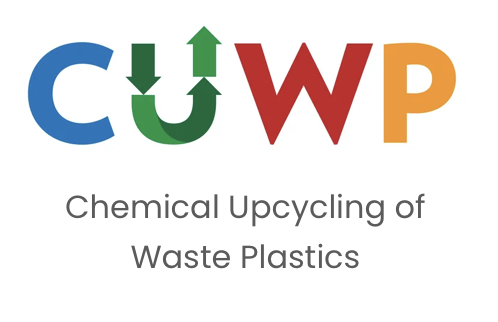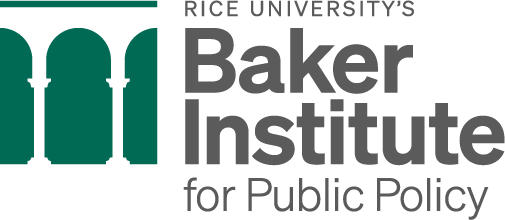
OUR EXPERTS
We are a group of scientists, engineers, and life cycle practitioners who have studied options for improving the management, reuse, and transformation of resources like used plastic through processes often referred to as advanced, chemical, or molecular recycling. We bring technology-agnostic perspectives from the United States and Europe, from universities, government research laboratories, and expert consultancies.
Who We Are?
Our Approach
The RSC aims to increase and improve access to technical and science-based information available to the public on these recycling technologies. We can provide answers to commonly asked questions, rather than advocating for any specific technology or singular path forward. We intend to be a resource for policymakers, investors, journalists and communities with questions on how these technologies can contribute to circular strategies, including efforts to reduce reliance on virgin feedstocks, where appropriate and feasible.
We have come together to contribute our collective expertise to the public understanding of various chemical recycling technologies. That includes capabilities, differences, operational mechanisms and specific insights assembled from our own research and the published literature. We recognize that these technologies have diverse environmental and economic profiles, and we offer rigorous, independent analysis to evaluate their trade-offs, risks, and impacts.
Our Perspective on Plastic
The RSC thinks that while plastics offer undeniable social, environmental, and economic benefits, plastic pollution causes demonstrable harm. While there is no single solution, meaningful progress can be made by pursuing the full range of approaches, including:
reducing overall plastic use where appropriate by eliminating unnecessary single-use applications;
adopting repair and reuse models to extend the life of existing resources;
designing products that require less material and are easier to recycle after use;
expand access to and participation in recycling, including improved curbside collection, and using resources from commercial and industrial waste streams;
improved sorting technologies and logistics for municipal and commercial waste streams;
data-driven policies (e.g., Extended Producer Responsibility) which involve producers, generate dedicated funding for system improvements, and build more resilient supply chains for recycled materials as a buffer to commodity price volatility; and
new incentives and investments to expand and modernize mechanical and chemical recycling operations, validated through independent performance data and life cycle insights, to optimize their effectiveness and ensure operational compatibility.
Our Initial Focus
We plan to offer our insights and perspectives, in the context of these approaches. Our initial focus will be converting plastics back into their chemical building blocks based on the potential of various chemical and molecular recycling technologies that use a combination of heat, pressure, catalysts, or solvents to break polymeric bonds, thereby converting plastics back into their chemical building blocks.
Why It Matters
These technologies have the potential to benefit society by supplementing traditional feedstocks and enabling the production of new materials—such as chemicals, lubricants, plastic feedstocks, and fuels—from post-use products, thereby improving resource efficiency and supporting circularity. When properly deployed, these technologies can complement mechanical plastic recycling systems by utilizing materials that are otherwise difficult or impossible to process mechanically.
While some technologies yield fuels as part of their outputs, our focus will be on understanding when and how these processes can contribute to circularity and reduce environmental burdens, not simply serve as waste-to-energy pathways.
Our Commitment to Transparency
Our work recognizes that questions and knowledge gaps remain—in areas such as life cycle emissions, economic viability, and end-market development—and we endeavor to support deeper inquiry into these critical questions. We envision enabling improved outcomes by elevating access to clear, evidence-based information to help stakeholders distinguish credible science from speculation or rhetoric. We welcome critical engagement, peer review, and input from across sectors to ensure our work remains transparent, accurate, and useful to those navigating this complex and evolving space.
Our Strategic Partners
The members have come together to grow and improve scientific and technical information on advanced/chemical/molecular recycling. Our members are independently involved in various aspects of research and academic exploration of A/C/M recycling. Our opinions are entirely our own, grounded in the best publicly available information we can find.
Members receive a small honoraria for meetings, as well as administrative support, in both cases initially provided by a grant from the Foundation for Chemistry Research and Initiatives (established by the American Chemistry Council). We are seeking to broaden support from information users who value access to reliable, vetted technical and scientific information.
If you are interested in supporting our work, please contact us.

















